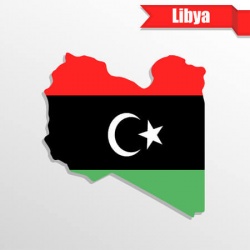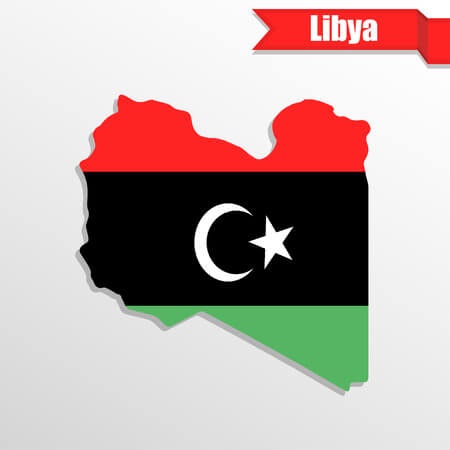
The travel ban as seen through the eyes of a Luther student from Libya
President Tump's executive order temporarily banning entry into the United States from seven Middle Eastern countries was signed into existence on January 27th and then temporarily blocked just a few days later. In the wake of the initial travel ban, Luther College President Paula Carlson notified the College's faculty, staff and students that the six students hailing from countries named in the executive order were all in the U.S. at that point in time.
Adbul Hakam is a junior from Libya studying business and economics at Luther College. Recently he spoke with decorahnews.com to share his thoughts on the ban and the potential effect it could have on him.
Abdul feels the U.S. has made very broad generalizations and in doing so has unfairly denied entry to all people from a particular county rather than specific individuals in question. Based on his own personal experience, he feels the U.S. security measures are already extremely thorough and effective. He explained that in Libya, obtaining a visa is a very long and detailed process, and it all comes to a screeching halt if even one document is off or an interview seems questionable. He is certain the only reason he was approved to obtain his visa to study in the U.S. is because he had already spent the previous two years studying at an international boarding school in the UK, and during that time he had proven to be a successful student raising no cause for alarm.
Abdul has traveled within the United States since starting at Luther in 2014, but he has not been back to Libya. If reinstated, the travel ban would not affect his travel from state to state or prevent him from leaving the U.S., but it would prevent him from re-entering the United States, at least temporarily. He is looking forward to graduating from Luther next year but at this point he is uncertain if his family will be allowed to enter the U.S. to attend his graduation ceremony.
Eventually Abdul plans to join the rest of his family back in Libya. He credits his parents for instilling in him the belief that he has an obligation to give back to his community and use what he has learned to make a positive contribution. Until that day comes, he is thrilled to be living and learning in the U.S. Specifically, he is happy to be studying at Luther, where he appreciates the opportunities he has to dialogue, debate and learn from people of all backgrounds.
Site designed and maintained by Iroc Web Design Services©.
Your Small Business Web Design Solutions.™


